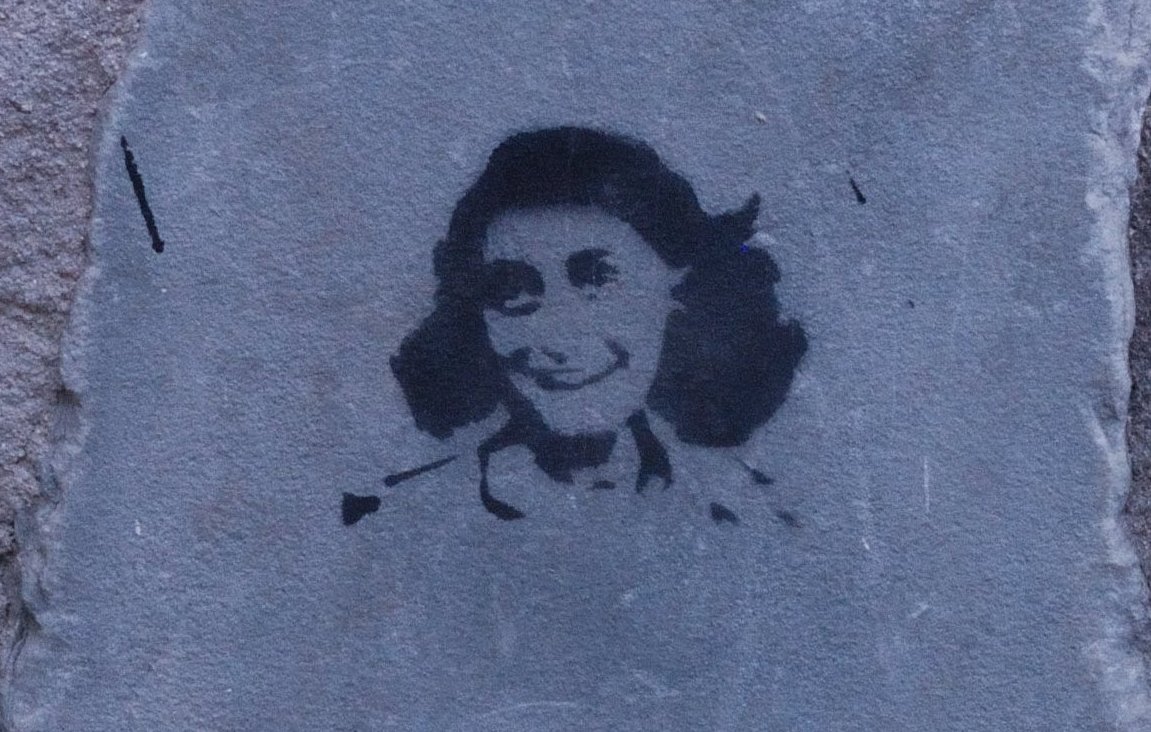 The Anne Frank Foundation -- a Swiss nonprofit that supports children's
charities and provides a stipend to gentiles who hid Jews during WWII --
has claimed that Otto Frank, Anne Frank's father, is the legal
co-author of her diaries, a move that will have the effect of extending
copyright on the diaries to at least 2030.
The Anne Frank Foundation -- a Swiss nonprofit that supports children's
charities and provides a stipend to gentiles who hid Jews during WWII --
has claimed that Otto Frank, Anne Frank's father, is the legal
co-author of her diaries, a move that will have the effect of extending
copyright on the diaries to at least 2030.
Another editor of a different edition of Frank's diaries, Mirjam Pressler, claims that she is also a co-author. Ms Pressler is still alive, meaning that if she died today, the copyright on the diary would end in 2065.
The Anne Frank Foundation unquestionably conducts good works, but their arguments are spurious ones. First, they argue that they and they alone are qualified to serve as stewards of Anne Frank's memories. This is manifestly untrue. The Dutch charity that runs Anne Frank House have done a pretty good job, and the two foundations have been locked in eternal struggle. If two organizations can represent Frank to the world, why assume that no more exist? The 20th century vogue for extending eternal exclusive rights to descendants or foundations is an aberration in history: virtually every historical person, from St Francis to Shakespeare, is in the public domain. The martyrs of every purge and pogrom, the heroes of every war -- all in the public domain. Some people have made tatty or tasteless things with their legacy, but the titanic outpourings of art, remembrance, scholarship, philosophy and adaptation that have flowed from the freedom of all to share in our common heritage are the foundation of culture, of shared human experience, of heritage itself. Heritage isn't owned -- once it is, it's not heritage anymore. To treat the words of Anne Frank, who inspired so many millions around the world, as an eternal money-spinner for one organization's purposes is to cheapen them. They're not an annuity: they're an inspiration. They can't be both.
The question of whether we should create perpetual ownership of ideas in order to accomplish good works only makes sense if you presume that the ownership costs nothing -- or costs less than the benefit from the good works. There is an undeniable cost to affording ownership to ideas. Every franc made by the Foundation from exclusive commercial rights to Frank's Diaries comes at the expense of the ability of people who labor under privation, slaughter, and exile to read, interpret, adapt and reproduce Anne Frank's words.
The question of giving copyright protection to editors undermines the rights of authors. If my editors are co-proprietors of all my works, then they get the right to trump how I may use those words. My ability to resell my books after they go out of print would be contingent upon approval of my editor, who works for a competing house. No creator should support this view -- it represents eternal corporate bondage for all authors.
Finally, there's the implication of the claimed co-authorship of Otto Frank: by claiming that Otto Frank is co-author (rather than "compiler" or "editor") of his daughter's diaries, the Foundation is arguing that the diaries don't represent Anne's views and thoughts, but rather, that they have been intentionally distorted by her father to the point where they can no longer be said to be a faithful rendition of her diaries.
The decision has also set the foundation on a possible collision course with the Anne Frank House museum in Amsterdam, a separate entity that for years has sparred with the Anne Frank foundation over legal questions, such as ownership of archives and trademark issues.
The museum has been working for five years with historians and researchers on an elaborate web version of the diary intended for publication once the copyright expires. The research is still progressing with a historical and textual analysis of her writing, including deletions, corrections and stains.
“We haven’t decided yet when or how the results will be published,” said Maatje Mostart, a spokeswoman for the Anne Frank House. “Any publishing will always be done within the legal frameworks.” She added pointedly that neither “Otto Frank nor any other person is co-author.”
One of Anne’s own astute diary entries seemed to anticipate the disputes: “Why do grown-ups quarrel so easily?”

No comments:
Post a Comment